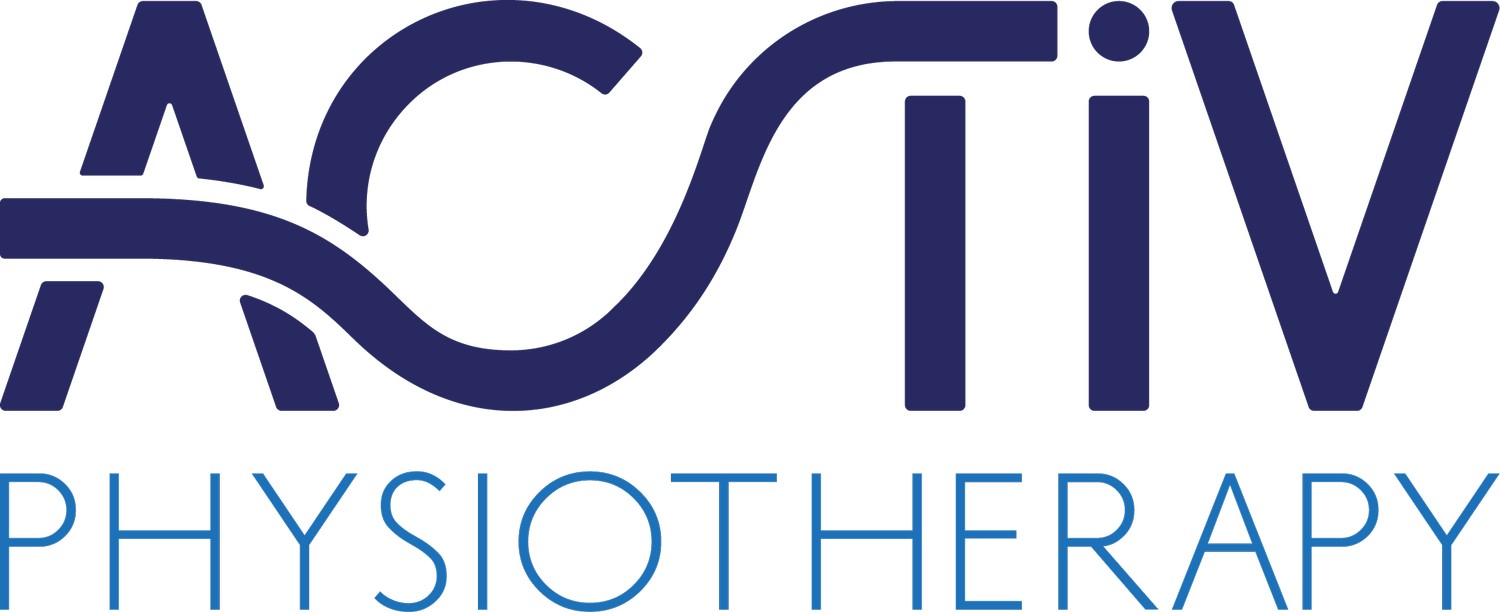How can you relieve jaw pain?
Jaw pain (Temporomandibular joint dysfunction)
What is jaw pain?
The temporomandibular joint or TMJ is a small joint just in front of each ear where the jawbone (mandible) moves against the rest of the skull. This joint is capable of movement in 3 directions. Opening and closing, side to side and movement forwards and backwards. It is particularly important in eating and communication.
How can problems with the jaw joint affect you?
Problems with this joint are the second most common reason for facial pain after toothache. Issues may cause pain in the ear, a fullness in the ear or perceived hearing loss or other sounds (tinnitus). Limitation of mouth opening when yawning or eating and noise on moving the jaw which can sound loud as it is right next to the ear! Headaches may also be caused by the joint if the muscles acting on the joint are too tight.
How can you relieve jaw pain?
Try to be aware of any habits which may be contributing to the problem, do you clench your teeth or grind your teeth at night? Do you have a habit of biting your nails or chewing gum or other non-food items. Do you lean on your hand when working at your desk? Are you under a lot of stress?
How can physiotherapy help?
Assessment of the joint can determine if the joint mechanics are correct, if the joint is stiff, if the muscles are too tight or tense. Are there issues with posture that are causing issues at the temporomandibular joint? As always, we tend to take a holistic view of any individual and all factors that could be feeding into the issue.
There are a number of manual therapy techniques and home exercises to correct issues along with acupuncture for pain relief.
Education of the problem is key and we at Activ really believe that if you can understand the issues then you are much better equipped to manage the condition.
As always, we are happy to liaise with other healthcare professionals such as your dentist or GP as needed.
